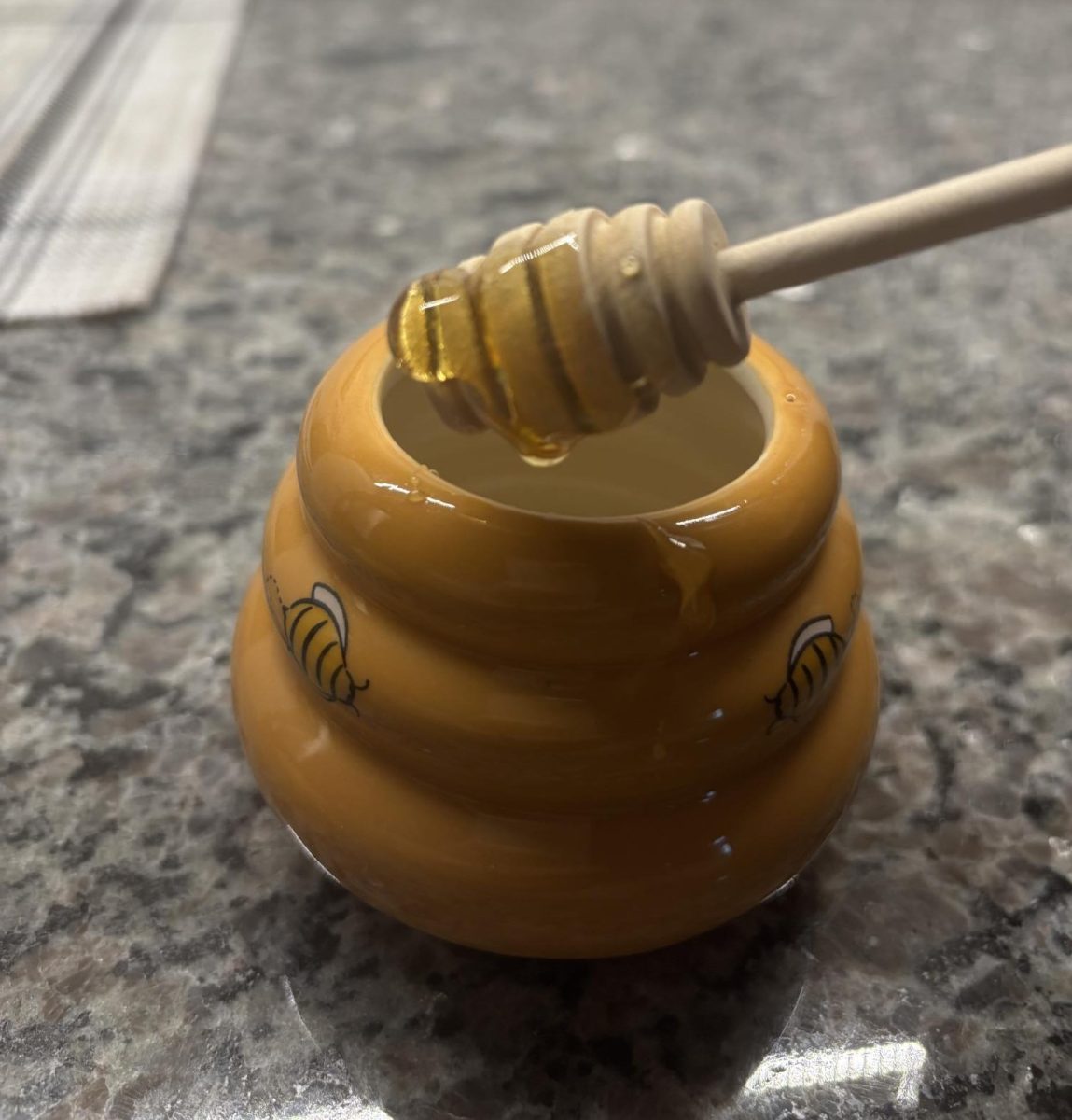Honey is a widely-used online browser extension that automatically allows users to find the best deals and coupons on various items; however, the company has found itself in a sticky situation as the true nature of their shady operations have come to light
Honey was acquired by PayPal in a purchase of over $4 billion in early 2020. Since the company’s purchase, they have engaged in suspicious business dealings that have potentially robbed users of millions of dollars.
The browser extension rose to popularity due to content creators and influencers utilizing their position to project the extension onto their audience. The content creator was given an affiliate link, and if the influencers viewers used that link to download Honey and make purchases, the original influencer would get a commission cut.
However, Honey found a way to rework the affiliate link and take the money from the content creators, instead keeping the extra profits for PayPal. “The simple act of clicking a button affiliated with Honey will cause Honey to place its own affiliate marketing cookie in the place of the affiliate marketer cookie that actually led the user to the purchase,” said plaintiff Claudia Jayne
Jayne is leading a class-action lawsuit against Honey in the state of California on claims of fraud to seek compensation for all those involved in the class action lawsuit. Jayne claims that PayPal Honey is in direct violation of Arkansas Deceptive Trade Practices Act and California’s Business And Professions Code §17045.
The scheme also occurred every time Honey did not find any discount codes or coupons to use. When a user simply clicked the dismissal button on Honey, the creator’s cookie would be swapped out and the affiliate code would disappear.
While this may have resulted in millions of dollars in losses for the influencers that promoted Honey, each user also potentially lost hundreds of dollars just by using Honey. Most coupons Honey offered were coupons that were created for Honey only.
Almost all coupon codes on Honey were created for businesses that wanted an item sold faster. If there was a coupon code on the internet that offered a better deal, Honey would not share that code with the user
Furthermore, Honey often told users there were no coupons for that item even though many users could find working coupons with just a simple search. “I use Honey a lot, and I remember when I tried to buy some headphones, Honey told me there was no coupon code to be used. But it took me ten seconds to find a code on another website that gave me 15% off those headphones,” shared junior Charlie (something).
As the Honey lawsuit continues, the original plaintiff Jayne urges any influencer that promoted Honey to reach out and seek settlement through the class action lawsuit. While Honey may have been a beloved extension for many, it appears to be nothing more than a sophisticated money-making scam.









